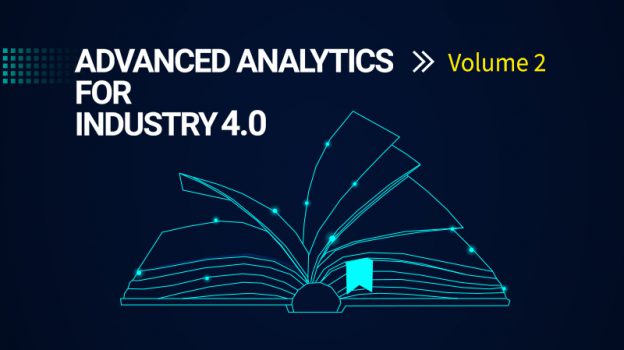
E-commerce start-ups have ventured into emerging economies and are growing at a significantly faster pace. Advanced analytics has acted as a catalyst in their growth story. Advanced analytics has attracted e-commerce firms to invest in the tools and gain a cutting edge over their competitors. The process of adoption of these advanced analytics tools by e-commerce start-ups has been an area of interest as successful adoption would lead to better results.
Typically a large e-commerce site offers thousands of products and services for sale. Navigating and searching for a product out of thousands on a website could be a significant setback for consumers. However, with the recommender system’s invention, an E-Commerce site/application can quickly identify/predict products that closely suit the consumer’s taste—one solution in advanced analytics.
Advanced analytics is the use of historical data to forecast consumer behavior and trends. It is the use of past/historical data to predict future trends. This analysis uses statistical models and machine learning algorithms to identify patterns and learn from historical data. Advanced analytics can also be defined as a process that uses machine learning to analyze data and make predictions.
This chapter presents an interpretive framework that explores the definitional aspects, distinctive characteristics, types, business value, and challenges of advanced analytics in the e-commerce landscape.







